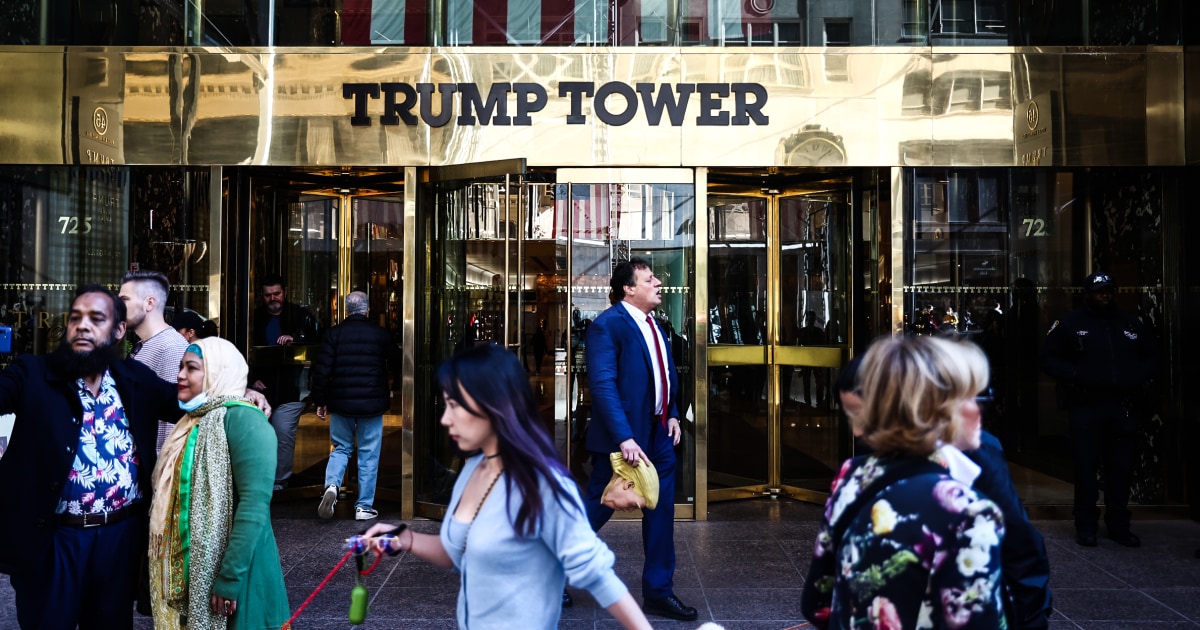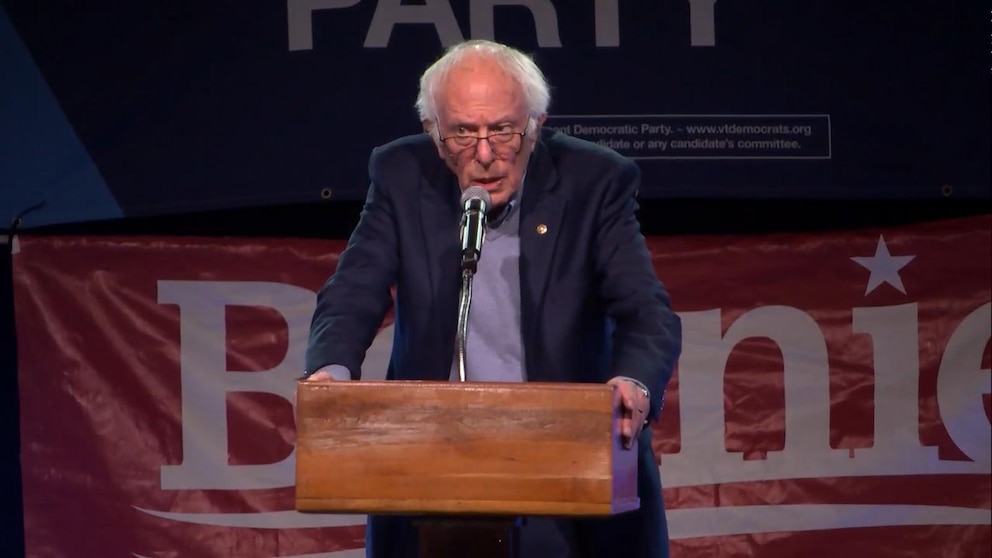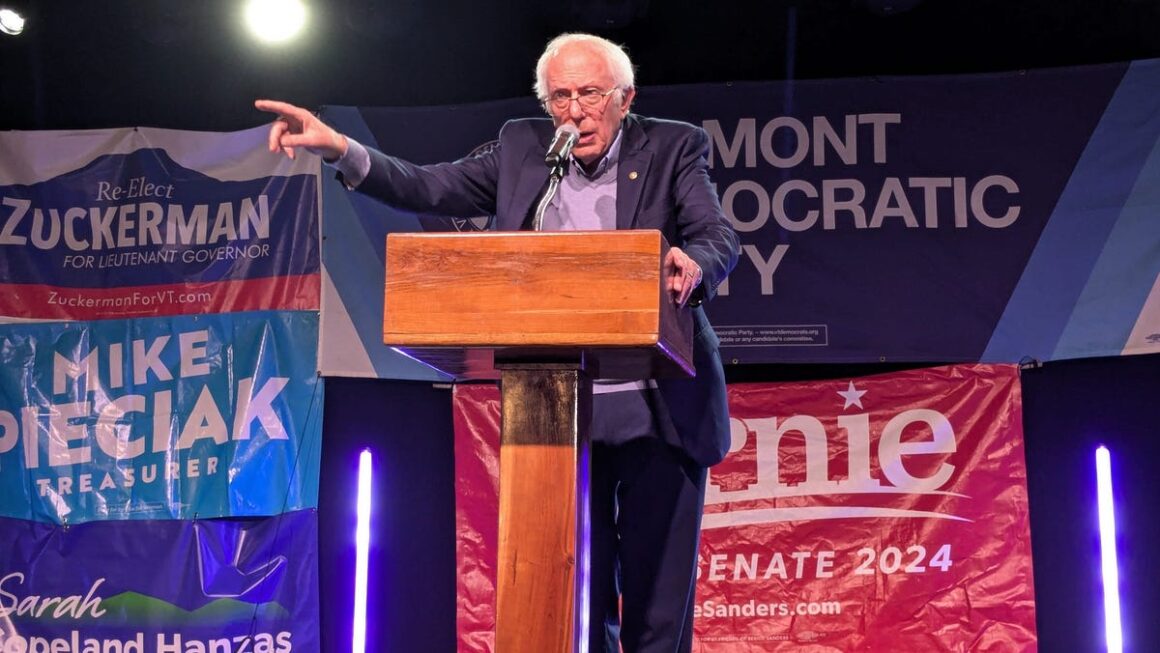Welcome back, Deadline: Legal Newsletter readers. It was another frenzied week in the legal world of Donald Trump and the Supreme Court — worlds that collided with the filing of his immunity brief to the justices. The former president also scrambled to secure a bond while appealing his staggering civil-fraud loss, and he got some good news in his Florida and Georgia criminal cases. All ahead of a crucial hearing in Manhattan on Monday, which should have been the start of his hush money trial but, like so many other cases, caught the delay bug.
In the civil fraud case, Trump’s lawyers said that their client couldn’t secure a proper bond while he appeals his nine-figure loss (a position that Trump himself then undercut by claiming that he has almost $500 million in cash). New York Attorney General Letitia James questioned the former president’s inability to get a bond ahead of the Monday deadline. If he can’t, then James can start going after his assets. But my MSNBC colleague Lisa Rubin explains why James might not immediately move to seize or sell any of the adjudicated fraudster‘s best-known properties, like Trump Tower. The clock is ticking.
Also on Monday in New York, Trump’s lawyers and Manhattan District Attorney Alvin Bragg’s prosecutors are set to square off before Judge Juan Merchan. They were supposed to start picking a jury that day, but the disclosure of Michael Cohen-related materials from federal prosecutors pushed the start date until mid-April, at least. Merchan called the hearing to figure out what exactly is going on with these materials and how it affects the trial timing. Stay tuned.
Meanwhile, Judge Aileen Cannon is flying off the handle in Florida. Indeed, the Trump appointee may have made her strangest move yet. Though she still hasn’t set a firm trial date, she thought it would be a good idea to start figuring out jury instructions. That’s unusual enough, but she also did so in a way that seemingly embraced the former president’s bizarre theory that he could’ve deemed any sensitive government records as “personal” and avoided prosecution for stashing them.
Cannon gave the parties an April 2 deadline to weigh in on her outlandish musings. Expect a forceful response from special counsel Jack Smith on an issue that could finally lead to him appealing — and possibly seeking her removal.
In Georgia, the Fani Willis disqualification saga isn’t over yet. Judge Scott McAfee granted Trump and several of his co-defendants permission to appeal McAfee’s order letting Willis stay on the case. To be clear, this isn’t like the federal election interference case, which has been on hold since Trump lodged his immunity appeal. McAfee made clear he intends to move the case forward in the meantime. But the prospect of Willis’ disqualification still looms, as eyes turn to the Georgia state appeals court.
At the U.S. Supreme Court, Trump filed his immunity brief ahead of the April 25 hearing. His lawyers mostly rehashed familiar claims that were roundly rejected by the trial and appellate courts. They also cited articles by Justice Brett Kavanaugh from before Trump appointed him to the nation’s highest court.
Invoking those works might not be as helpful to Trump as it might appear from his brief.
Reading the Kavanaugh quotes that Trump’s lawyers plucked from those pieces, regarding the now-justice’s view of the danger of prosecuting sitting presidents, one might think that those articles would help Trump. But a fuller read of them shows that Kavanaugh specifically pointed to the possibility of prosecuting former presidents — so invoking those works might not be as helpful to Trump as it might appear from his brief. Jack Smith’s response is due April 8.
The justices had a busy week otherwise, issuing decisions and hearing arguments in important cases on social media and other subjects. They also rejected an appeal from Cowboys for Trump co-founder Couy Griffin, who challenged his ban from state office under the 14th Amendment for his involvement in the Jan. 6 insurrection. The key distinction from Trump’s successful ballot eligibility appeal is that the court’s opinion in Trump v. Anderson, while muddled in multiple respects, made clear that states can keep oath-breaking insurrectionists from state office. But according to our esteemed high court, he’s all clear to run for president!
The justices also embraced Texas’ lawlessness in letting the state’s backward immigration law take effect. Over dissent from the three Democratic appointees, the Republican-appointed majority condoned Senate Bill 4, which effectively gives state officials immigration authority belonging to federal officials. Not too long after that, the 5th U.S. Circuit Court of Appeals put the law back on hold while litigation continues.
Next week, abortion is back at the court that overturned Roe v. Wade, with oral arguments Tuesday in the mifepristone appeal.
Have any questions or comments for me? I’d love to hear from you! Please email deadlinelegal@nbcuni.com for a chance to be featured in a future newsletter.
![]()







